My turn today on the BWL Blogspot. https://bwlauthors.blogspot.com/ I discuss ‘When Your Novel Takes a Wrong Turn.’
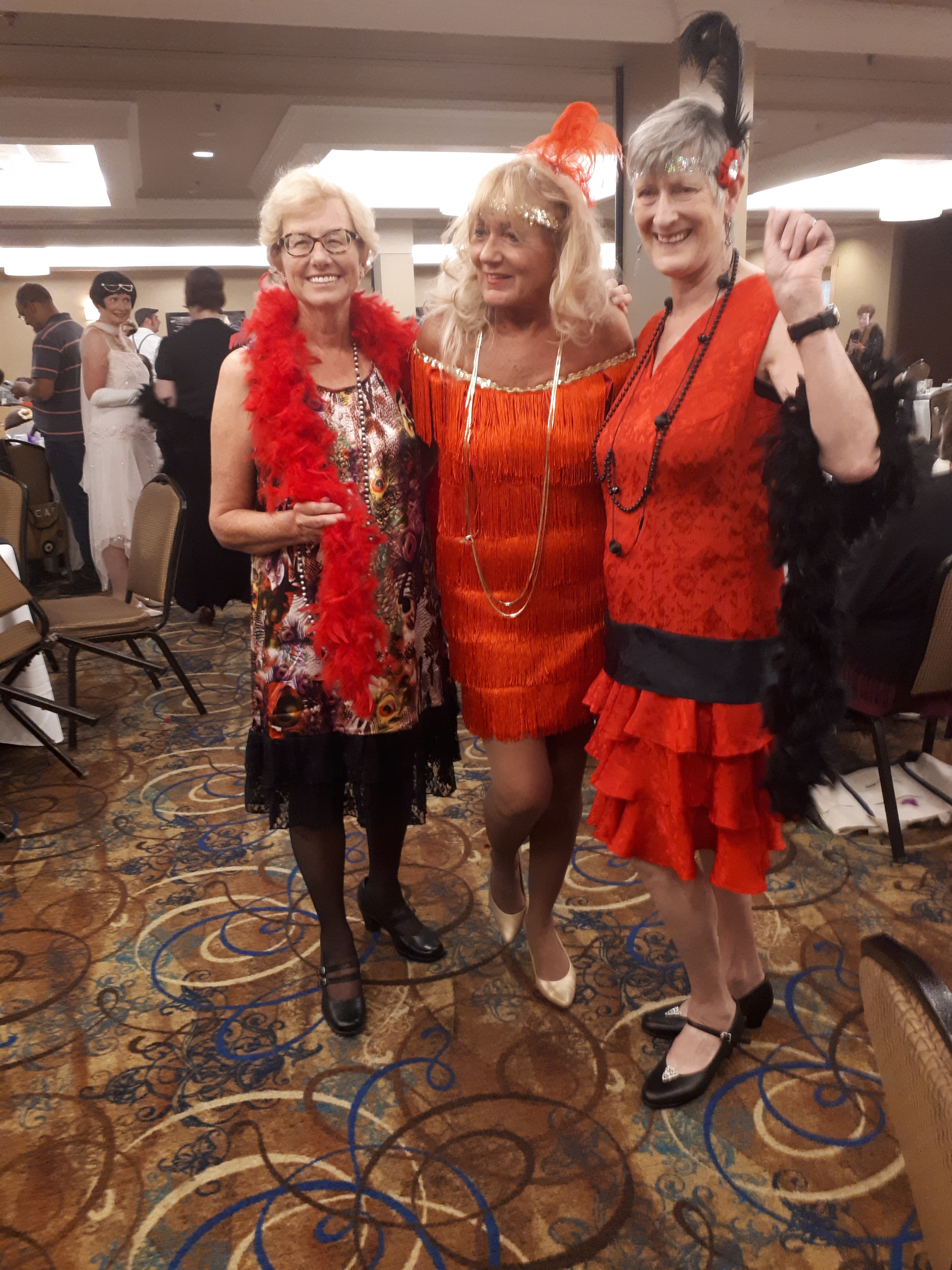
Trying my hand at historical fiction
One thing I like about writing short stories is the chance to explore genres and characters different from those of my novels. Last fall I completed my first work of historical fiction, a 4,500-word story set during the 1918 influenza pandemic. A Deadly Flu is also my first short whodunit and my first police procedural. I’ve featured detectives in secondary roles before, but not as story protagonists.
My idea for A Deadly Flu took root almost two years ago, when the COVID-19 pandemic revived my interest in that earlier virus, which was formerly and inaccurately called the Spanish flu. I first heard about the 1918 pandemic on an episode of the 1970s television show, Upstairs Downstairs, when the young wife of the wealthy Bellamy family’s son developed a fever and died the same day.

During the summer of 2020, I read books and articles about the 1918 pandemic and was struck by its relevance a hundred years later. The prime advice in both pandemics was the same: wash your hands, social distance and avoid crowds. The 1918 Pandemic’s second and mostly deadly wave struck my home city of Calgary from October to December 1918. Business, churches and bars closed. People wore masks and lived in fear.

Around this time, I was mulling ideas for my fourth mystery novel, to be set during our current pandemic, and wondered if the 1918 flu might provide a parallel backstory. I developed the idea of a pharmacist who murders her lover by pouring a medicine that mimicked the 1918 flu’s symptoms into his whisky. When he died, the medical profession’s tunnel vision assumed this was another influenza death.
I began writing the backstory as a suspense from the killer’s viewpoint and enjoyed researching Calgary neighbourhoods of the time, along with its streetcar system, fashion, and particulars of the city-wide lockdown. But by the end of the draft, I realized the events that happened over a hundred years ago wouldn’t add enough interest to the contemporary mystery I had in mind. I set the backstory aside and plunged into the current novel.

Nov 11, 1918 – Calgary WWI Victory parade
Then the Crime Writers of Canada put out a call for submissions for its 40th anniversary anthology. Stories had to be set in Canada, feature cold in some way, and be under 5,000 words. I hauled out the backstory and set it during a Calgary cold wave in December 1918, with a detective, rather than a villain, protagonist. A benefit of writing a detective from the early twentieth century is that I didn’t have to know about DNA, data bases, and other modern police gadgetry. Since I only had a short space to establish reader connection with him, I gave him a wound–his wife had died a year earlier in childbirth–and developed a romantic subplot.

I wrote the story, sent it off, and was thrilled last month to learn A Deadly Flu will be included in the Cold Canadian Crime Anthology, to be released this May. Meanwhile I’ve been working on my novel-in-progress. Inspired by my historical detective, for the first time I’m including the viewpoints of two detectives in addition to my insurance adjuster sleuth. I foresee much research into modern police work. One day soon, I’d like to write a historical novel and, perhaps, develop A Deadly Flu into a novella, a genre I haven’t tried. That’s another thing I like about writing short stories—they can be stepping stones to future books.
Historical Short Fiction
I’m excited about my short story publication in the Cold Canadian Crime Anthology, to be released in May.
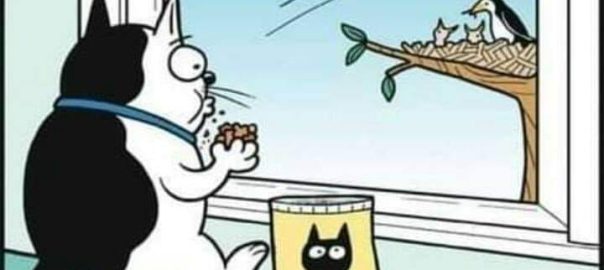
Setting a Novel During the Coronavirus Pandemic
Here’s my latest article in Opal Magazine, about my choices and experience of setting my novel-in-progress during the COVID-19 pandemic. https://opalpublishing.files.wordpress.com/2022/02/mar-owm_2022.pdf?mc_cid=a42af0ac2b&mc_eid=85ed6ddd3f Scroll down to page 29, but don’t forget to read the interesting articles along the way.
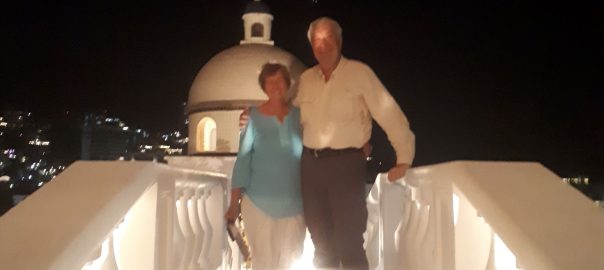
A Romantic Birthday
Since I’d be in Mexico for my 70th birthday, my kids offered to treat me to the ‘experience’ gift of my choice. I said I’d check out options when I got there in December and thought the ideal present should be something I’d enjoy, but wouldn’t splurge on myself. In Puerto Vallarta, I scanned the English language newspaper and spotted an ad for The Iguana Restaurant in the Casa Kimberly Boutique Hotel, the former home of actress Elizabeth Taylor. I decided, this is it! My husband Will and I made a reservation for December 13th, at 6:00 p.m. to catch the sunset.
In 1964 Elizabeth Taylor and actor Richard Burton had a torrid affair in Puerto Vallarta, during the filming of his movie, The Night of the Iguana. Their romance thrilled and shocked the world and is credited with turning the off-the-beaten-path fishing village into a booming tourist destination. On our four previous holidays in Puerto Vallarta, Will and I had walked by the Taylor and Burton homes up the hill from downtown. A bridge connects their two residences and you can peek at the statue of the lovers in the hotel entrance, but can’t see more than that without staying or eating at the Casa Kimberly.


Armed with our reservation, this time we made it inside.

On our walk up the staircase to the restaurant, we were greeted by Liz herself.

Our courteous server showed us to our table, which had a fabulous view from the open-air window.

We had a view of the ocean, although this picture below washes the ocean out and the condominium in the distance blocked our view of the sun sinking into the bay. The cupola stands atop Burton’s former home, now part of the Casa Kimberly Hotel. During dinner, Will noticed people on the bridge and wondered if they’d climbed up from the street for a moment of romance. We found out later this wasn’t the case.

We started our meal with cocktails and appetizers. I ordered The Iguana Salad and Will chose the bean and poblano soup, which arrived in an interesting two-colour presentation.

I loved my salad and had a spoonful of Will’s soup, which tasted amazing. Will agreed. For our main courses, he had Cornish hen and I had Diablo Shrimp, which was delicious. I feel like a restaurant critic when I say the subtle flavours blended into a complete dish that tasted Mexican, yet different.

Of course, I had to check out the restrooms. They turned out to be ordinary, but the walk there passed through the spacious atrium and a Taylor/Burton photo and movie poster display.


It’s strange how the ghostly presence of these movie stars enhanced the restaurant’s atmosphere, but it did for me even though Elizabeth Taylor was a little before my time. Richard Burton’s career peaked later in his life and I’m more familiar with him as an actor and personality. Incidentally, he was my introduction to the concept of imposter syndrome. In a television interview, he confided his fear that people would discover his acting was no more than what everyone did in their living rooms. Some called him the greatest actor of his day, and I was impressed with his vulnerability.
While I was away from the table, Will asked for the dessert menu. The server wouldn’t give it to him until I returned, because it was my birthday. I chose a chocolate cake for Will and me to share. It arrived with decorations.

As I took my first bite of cake, fireworks exploded behind the high rise building on the bay. This wasn’t as as special as you might think, since they set off fireworks in Puerto Vallarta every night.
We left the restaurant feeling our dinner was worth very peso. On our way out, we solved the mystery of the people on the lovers’ bridge. The Casa Kimberly had opened the bridge part way so restaurant patrons could get a glimpse into Burton’s former residence, enjoy a photo opportunity, and end the evening with a touch of magic.

Cold Canadian Crime Anthology
I’m excited that my short story, A Deadly Flu, will be included in the Crime Writers of Canada 40th Anniversary short story anthology, Cold Canadian Crime. Stories submitted had to be set in Canada and include something cold. Mine is set in a cold Calgary December during the 1918 influenza pandemic. I especially enjoyed exploring the parallels with our current pandemic. The anthology will be released in May 2022, when it will hopefully be warm outside. I look forward to reading the stories written by the authors listed in the CWC website. https://crimewriterscanada.com/ Scroll down and click on Cold Canadian Crime: The Big Reveal.

Happy Valentine’s Day
Today on the BWL website I write about my romantic birthday dinner last December in Puerto Vallarta, Mexico. https://bwlauthors.blogspot.com/ Enjoy!
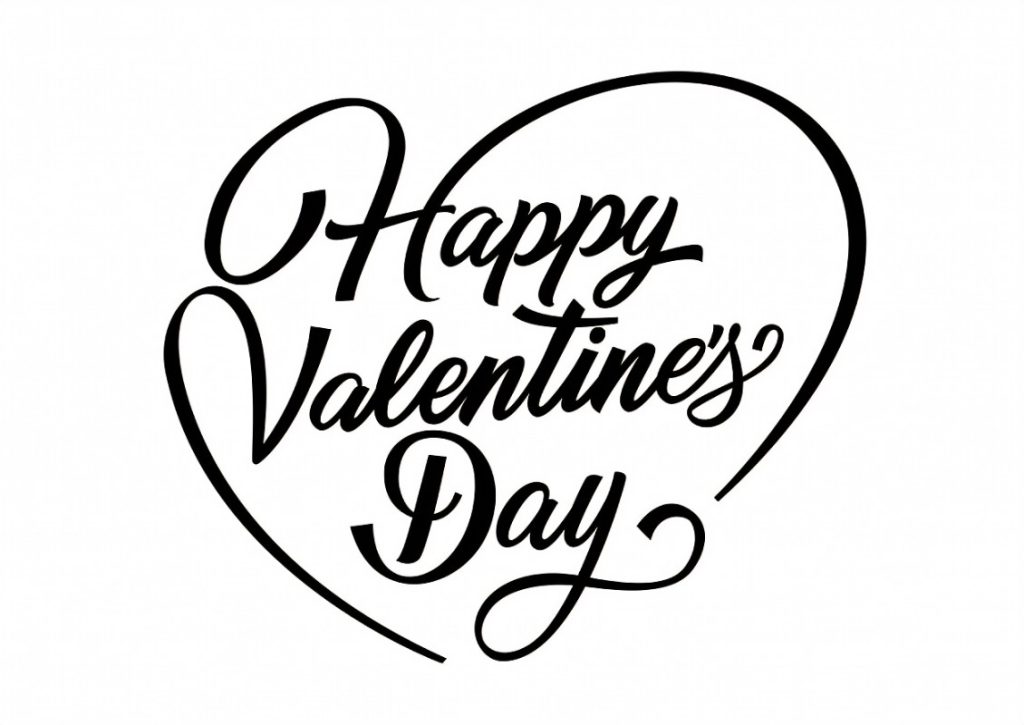
Opal article
Pleased to have my article in the terrific Opal Magazine. https://opalpublishing.ca/2022/02/07/does-your-mystery-novel-series-need-an-overall-story-arc/
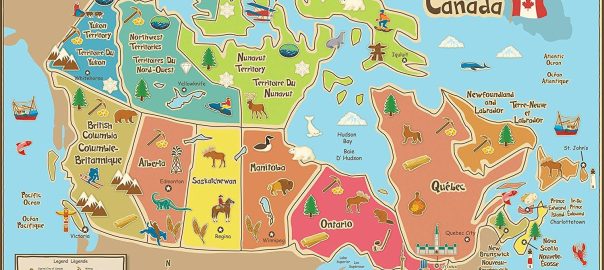
Canadian Mystery Novels
As I promised on today’s Calgary Public Library Zoom presentation, here’s my arbitrary list of novels set in Canada, to get you started. These are books I happened to stumble upon and they tend to reflect my more recent reading. I’m sure I’ve missed a number of great writers that you’ll discover on your own.
Many of the books are in your local library and you can request ones that aren’t. The books are listed by author name. I don’t always specify book titles. Sometimes I’ve read a later book in a series, while you might want to start with book # 1.
Since I’m a westerner, I’ll travel from west to east on this cross-Canada journey.
British Columbia
William Deverell – Legal mystery series written by a former lawyer. Clever and witty writing that portrays the ‘hippie’ character of Salt Spring Island.
Beverley McLachlin – another retired lawyer writing a legal mystery series, this one set in Vancouver. McLachlin, the former Chief Justice of Canada, grew up in Pincher Creek Alberta, and wrote an interesting memoir. I enjoyed Full Disclosure, book # 1 of her mystery series, and look forward to discussing the sequel, Denial, with my book club in February.
J. G. Toews, Lucky Jack Road (book 2 of her mystery series) – set in Nelson, BC, another ‘hippie’ setting I enjoyed, both on the page and in my travels.
Dave Butler, Full Curl, book 1 of environmental mystery series featuring a national park warden who deals with conservation issues. Book 1 is set in Banff National Park, Alberta.
The Prairies
Jayne Barnard, The Falls series set in Bragg Creek, AB
Dwayne Clayden, Brad Coulter police thriller series set in Calgary, AB, written by a former paramedic and police officer.
Alice Biena, Female PI series with lots of Calgary setting.
David Poulsen, Cullen and Cobb series set in Calgary.
Garry Ryan, gay detective series set in Calgary.
Randy McCharles, Peter Galloway series takes us to the Calgary Stampede and northern Alberta.
Candas Jane Dorsey, The Adventures of Isabel, postmodern style, insight into LGBTQ life in Edmonton.
Sharon Butala, Zara’s Dead, fiction based on a 1962 murder that took place in Saskatoon, SK.
Gail Bowen, long-running Joanne Kilbourn series set in Regina, deals with the challenges of a middle-aged woman and her family.
Helen Humphreys, Rabbit Foot Bill, literary mystery based on a 1947 Saskatchewan murder, which raises questions about mental health issues.
Ontario
Vanessa Farnsworth, The Haweaters, based on an 1877 murder committed by the author’s ancestor. A good look at pioneer life on Manitoulin Island.
Giles Blunt, police detective series set in northern Ontario.
R. J. Harlick, Ottawa region series deals with indigenous issues. One book in the series is set in the Northwest Territories.
Randall Denley, Payback, book # 2 of a series: well-crafted whodunnit set in the Ottawa Valley.
Maureen Jennings, November Rain, book # 2 of a historical mystery series set in Toronto by the author of Murdoch Mysteries, which became a hit television show.
Katrina Onstad, Stay Where I Can See You, not a traditional mystery novel, but beautifully written and crafted with insight into domestic abuse and class conflicts in contemporary Toronto. Winner of the 2021 Crime Writers of Canada Award for Best Novel Set in Canada.
E.R. Yatscoff, firefighter series set in Niagara Peninsula, written by a former firefighter.
Quebec
Louise Penny, popular Inspector Gamache series mostly set in Three Pines, a fictional village outside of Montreal, and featuring an interesting and sometimes quirky cast of recurring characters. A dark take on the British cozy.
Atlantic Canada
Joan Hall Hovey, And Then He Was Gone, suspense with paranormal aspects, set in New Brunswick.
Kevin Major, One for the Rock, Two for the Tablelands… This series could go to infinity. Dry humour and great Newfoundland setting.
Mike Martin, A Perfect Storm, Book # 9 of a series featuring an RCMP officer living in rural Newfoundland. I enjoyed the book without having read the previous eight in the series.

Clearly, there are many more Canadian stories, including novels by authors I’ve heard about but haven’t yet read. Time for me to remedy this!
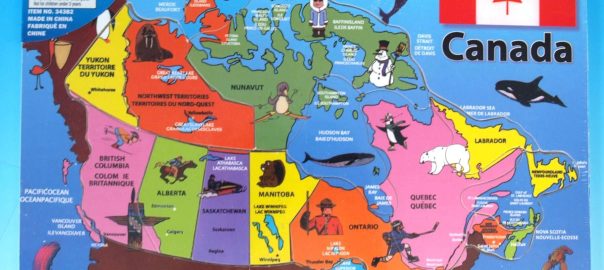
Join me online tomorrow at the CPL
I’m excited about my Calgary Public Library online event tomorrow night, Wednesday, Jan 26th.
Books and Ideas: How Canadian Mystery Novels Connect us to our Country’s People, Places, and Stories
Mystery novels are fun to read, but crime fiction set in Canada teaches us about our country. Join Calgary mystery author, Susan Calder, in a lively conversation with Margaret Hadley, University of Calgary Instructor Emerita of English. They’ll discuss how Canadian crime novels portray our unique characters, regions, history, and contemporary life.
There’s still time to register https://calgarylibrary.ca/events-and-programs/programs/books-and-ideas-how-canadian-mystery-novels-connect-us-to-our-countrys-. If you don’t have a CPL card, you can contact the Calgary Public Library.